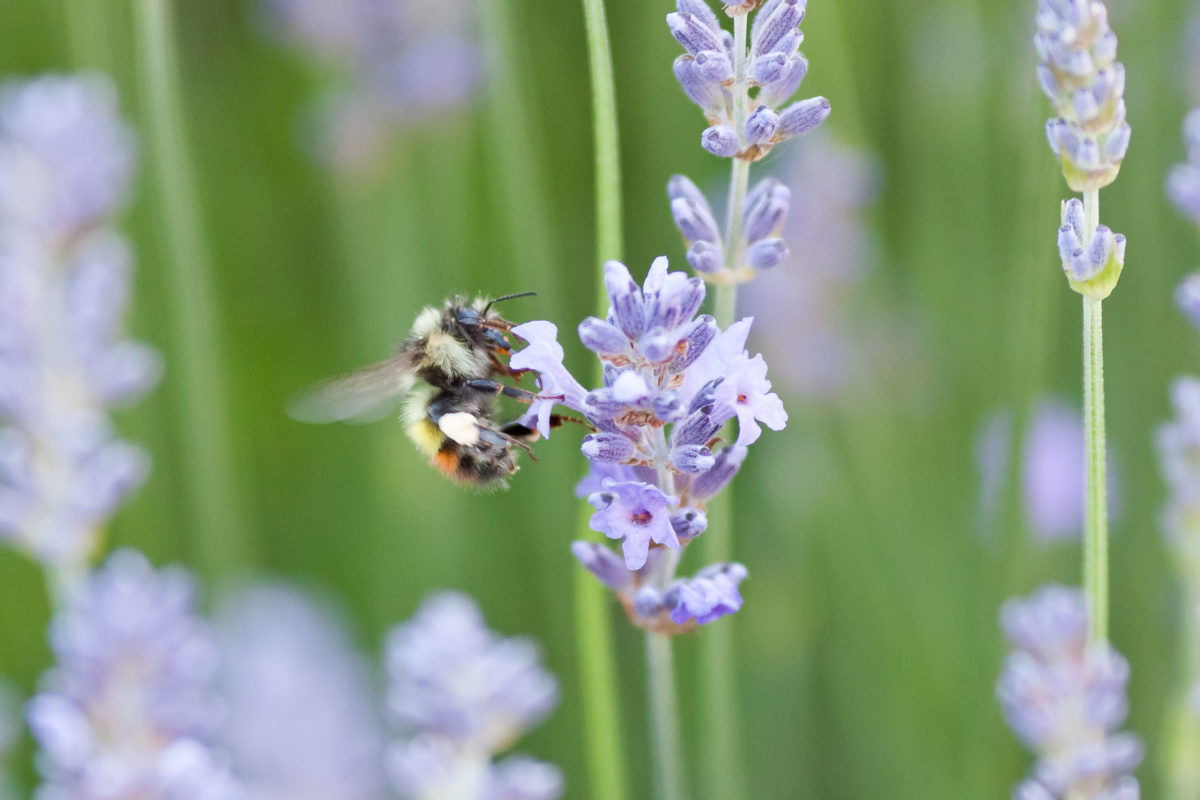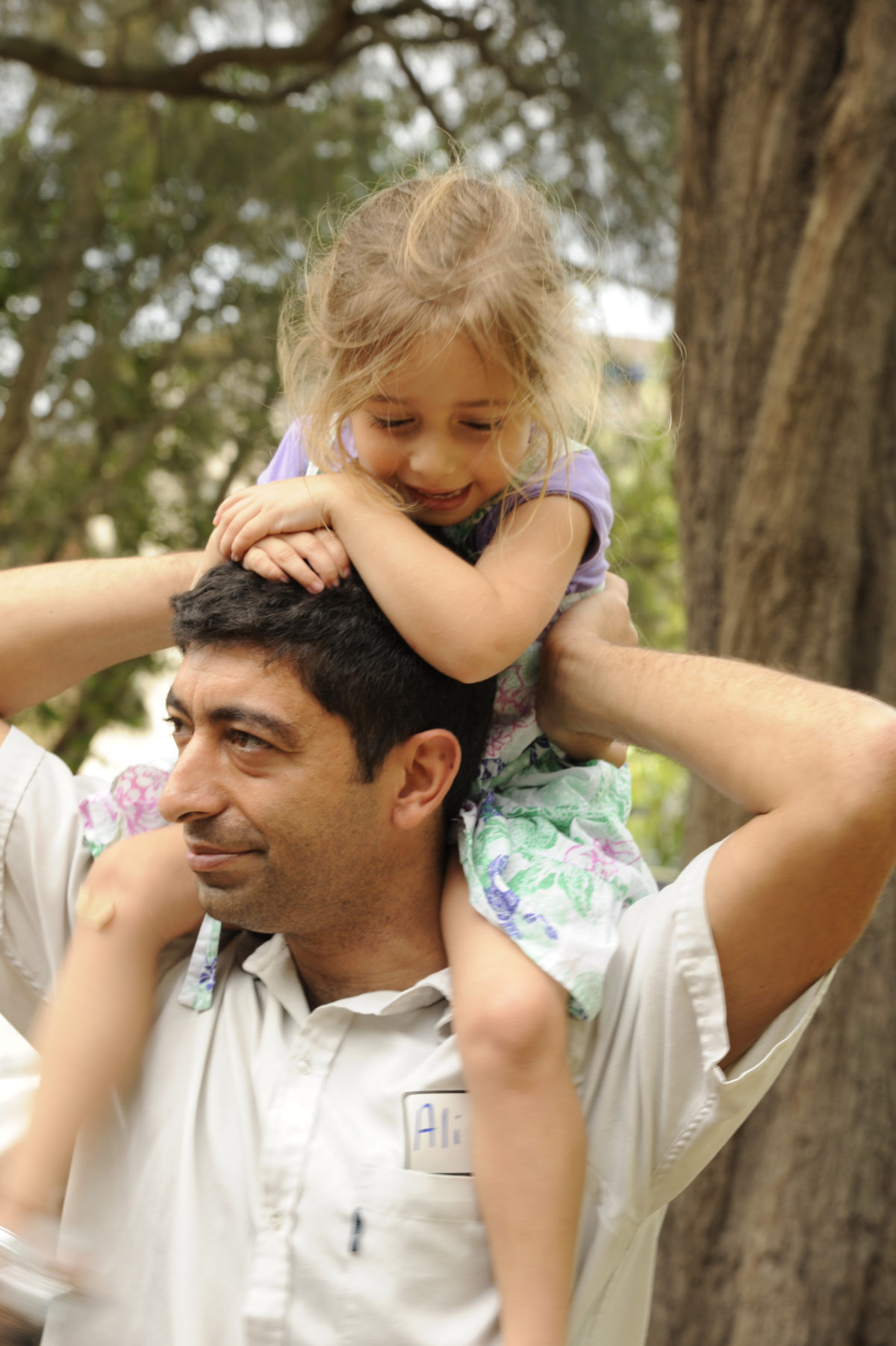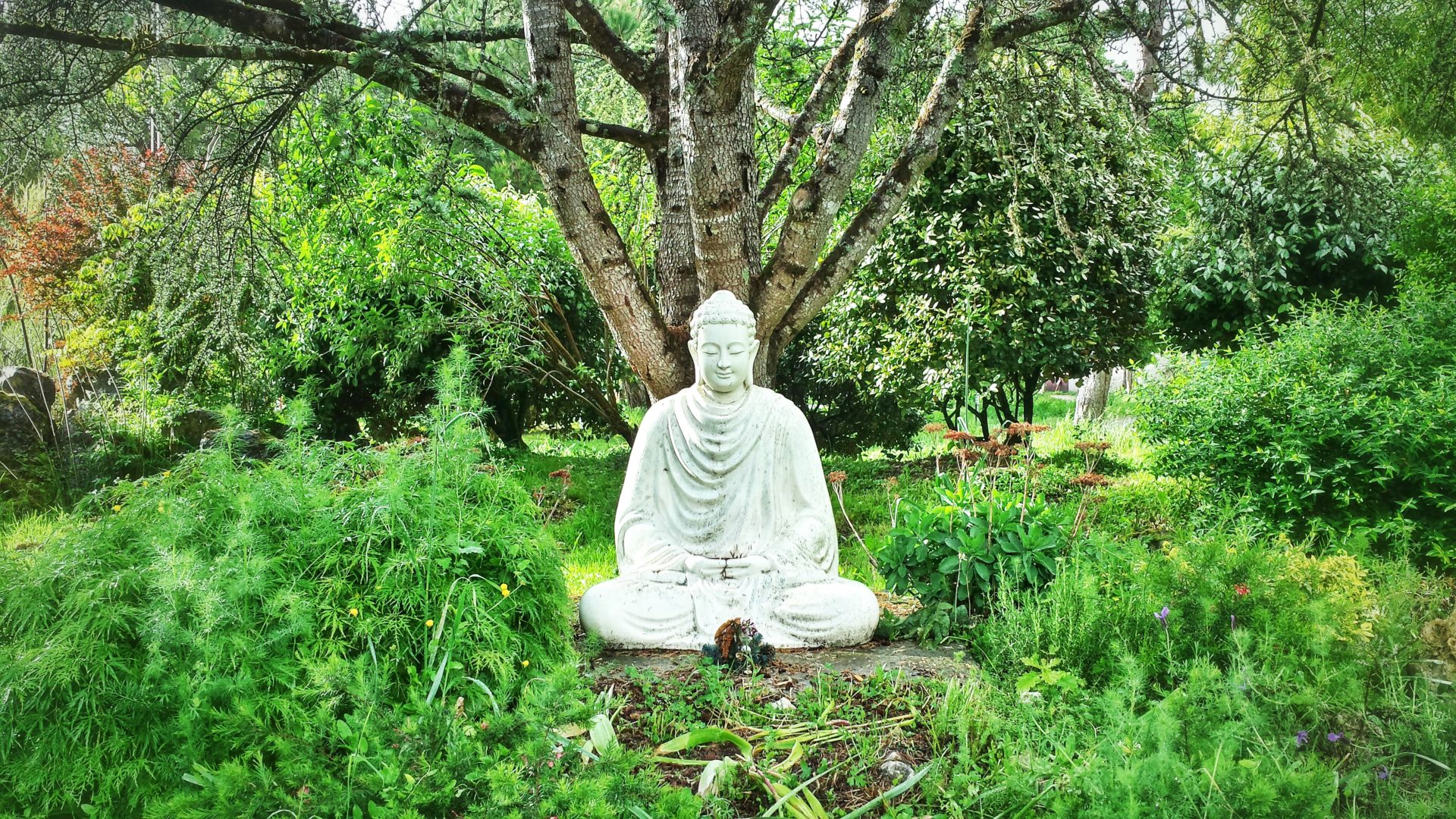Protecting the Honeybees
By Alipasha Razzaghipour

A little while ago I watched More Than Honey, a documentary on the worldwide disappearance of the honeybee. The energy of compassion arose strongly within me as I learnt about the plight of the bees. Markus Imhoof, the director and one of the writers of the film, helped me see how a whole species has become the victim of the suffering of another species.
Protecting the Honeybees
By Alipasha Razzaghipour

A little while ago I watched More Than Honey, a documentary on the worldwide disappearance of the honeybee. The energy of compassion arose strongly within me as I learnt about the plight of the bees. Markus Imhoof, the director and one of the writers of the film, helped me see how a whole species has become the victim of the suffering of another species.
I find the bees to be an extraordinary wonder of nature. They work together with each one acting for the good of the whole; no one gives commands and yet everyone obeys. It is very easy to see the collective as a single organism with each bee behaving like a cell of that organism.
I was touched to see how the lives of these creatures are being manipulated to serve our needs, and now they are dying. Depending on the region, fifty to ninety percent of all local bees have disappeared in an epidemic that’s spreading from beehive to beehive. The majority of bees globally require human-administered antibiotics to survive. In China, honeybees have completely disappeared and so pollination is done by hand, flower by flower. While scientists haven’t identified the exact cause, the documentary reveals many possible causes: the stresses of being transported in trucks and planes, the pesticides we use in farming, new viruses and parasites, our intervening in their reproductive process, overbreeding, and so on. They suffer as a result of our actions, and they are not able to respond—they may not even know we are the cause. Who is there to speak up for them? According to the documentary, a third of our food supply is dependent on bees for pollination. As I eat fruits and vegetables, the bees are in me. By protecting the bees, I am protecting myself.
I am unhappy, I want to fill a void, I want to distract myself from dissatisfaction, and so I consume. Having worked as an investment analyst for fifteen years, covering a number of financial ecosystems, including retail and agriculture, I understand that most firms are primarily oriented towards maximising profits. They naturally look to satisfy the wants of their customers at the lowest possible cost. The result is the “industrialization” of other living beings, in this case the honeybees. From this perspective, the bees are the victims, the system is the conduit, and my suffering is the cause.
Once upon a time I would have watched this same documentary and found it fascinating; but at the end, I would have simply shrugged my shoulders and thought, oh well, there’s not much I can do. But the seed of compassion is much stronger in me today, which I view as the result of practicing in the Plum Village tradition. I feel more connected to the bees, and an energy of wanting to help them naturally comes up.
When I looked into how I could help the bees, I realised that a transformation in me has been taking place as a result of the practice, the teachings, and being with friends who are on the path. The change is so slow it’s not noticeable from week to week or even month to month. Yet, slowly but surely, my internal formations are shifting. I am now more aware of what I consume and the suffering that might be taking place as a result. It is difficult to see how shifting my consumption away from products that are dependent on the bees is possible, as they encompass so much of what I eat, especially as a vegetarian. I had the thought that the most effective way to offer my energies would be to support others on the path of practice. As more people become aware and concerned about what is happening to the honeybees, the more pressure there will be to change the current system of exploitation that is endangering this precious species.
This energy of wishing to support others on the path has been growing in me for the past three or four years, with the plight of the bees further fueling it. One manifestation of this is Peaceful Presence (www.peacefulpresence.org), a site set up to support practice communities in the Plum Village tradition by sharing ideas and offering resources to those looking to start or develop groups. It is my hope that strengthening these communities will allow others to taste the fruits of practice, which in time will help the honeybees and all the other species on planet Earth.

Alipasha Razzaghipour, True Fluent Energy, founded Peaceful Presence in 2011. He lives in London and practices with the online groups Plumline Heart Sangha and Deep Looking Sangha, which he co-founded with Thuy Cu and Jan Mieszczanek in 2012 and 2014 respectively.

